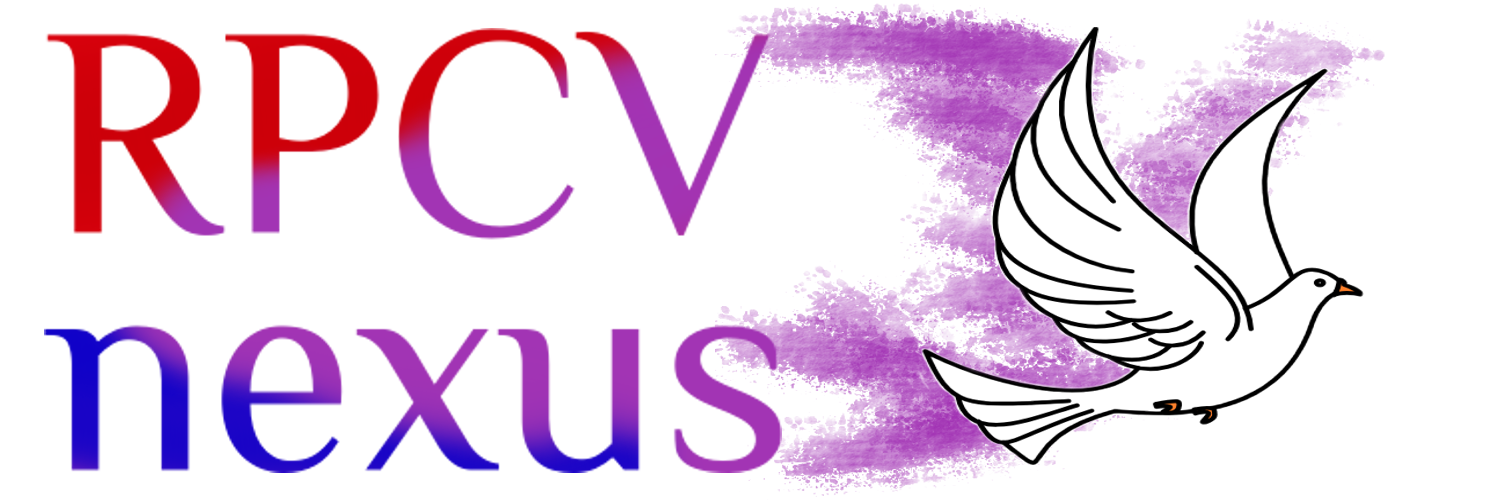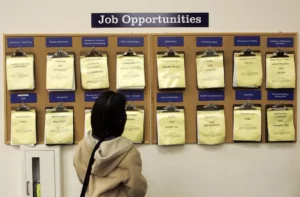Funding Graduate School as a Returned Peace Corps Volunteer
Key Takeaways
- For RPCVs or PCVs (Peace Corps Volunteers) ending their term soon and considering graduate school
- Paul D Coverdell Fellowships are very helpful, though they don’t cover everything
- Many graduate students work as research assistants, teaching assistants, etc.
- Scholarships are helpful to cover costs, but sometimes have limitations

Funding Graduate School as a Returned Peace Corps Volunteer
Are you a returned Peace Corps volunteer (RPCV) or are you a current volunteer looking for avenues to go into graduate school? If so, you’re probably wondering how best to fund your studies. Luckily for you there are many pathways and if you plan well and keep an open mind, it may be very possible for you to get a fully-funded masters or even PhD.
That’s awesome! What should I do?
- Pick your University. First, think carefully about what you are going to study and find Universities that offer programs that you are interested in. Consider the location (do you want to be in an urban or rural place, do you want to be near home, what is the weather). Consider the program and its reputation (You can check sites like Times Higher Education). Make sure they have the degree in the field you are interested in.
- Browse the Coverdell Fellows Partner Schools Once you have your list of universities you think you would like to go to (or maybe even while you are compiling that list), take a look at the schools that offer the Paul D Coverdell Fellowship – a fellowship meant specifically for RPCVs. Consider the following when looking at the fellowships:
- How much of your tuition does the fellowship cover? While these fellowships do not typically cover all of your tuition, they could cover quite a lot.
- What are their requirements? If you left your service early, it may impact your eligibility for some of these, but some may make exceptions too, so don’t hesitate to reach out to the Coverdell Fellowship offices if you are really interested in that University.
- How many fellowships does this University’s Fellowship program typically offer? This may impact your chance of getting a fellowship. Those that offer more spots would increase your chances of getting the award.
- What does the fellowship require of you if you get it? Sometimes these fellowships may require that you fulfill certain activities on top of your graduate student requirements and that may impact your interest in the fellowship.
- Network with professors, administrators and students. Try to visit your college before committing, if possible, because that may help you get a better idea about what the student experience might be. You could even try to engage with them at certain academic events if they have a stand there or reach out to their recruitment team to figure out how best to connect with current students. These connections could also give you a chance to ask questions and get a better idea how other students fund their education at that school. Take notes of any funding opportunities they mention and tell them you’re looking, and they might send you information later on too.
- Try to talk to the Dean or Assistant Dean of your college. Once you have committed to a particular program, try to visit the campus or give your college’s administration a call to find out who you could talk to figure out financial aid opportunities. There is often a particular person at that college who might be able to help you find funding opportunities such as Research Assistantships, Teaching Assistantships, scholarships, research and travel funds, and more.
- Find out what your college’s databases are for funding opportunities. Universities often have databases where they store scholarships and funding opportunities such as ScholarshipUniverse or Pivot. These can help you fund your studies and even future research project. The sooner you know about them, the more likely you can apply for them and receive them.
- Fill out your FAFSA form. Even if you aren’t planning on taking any loans, this form can help you sometimes be eligible for certain funding opportunities so it’s worthwhile filling out. Besides, you never know when you might need to take on a loan in the future.
Now regarding scholarships, it can always be a bit challenging since it depends so much on the institution, the location, and your own personal background, there are a few tried and true methods from a fellow graduate student of mine who is really good at finding and getting scholarships:
- Check a variety of scholarship databases, especially the ones that your school recommends to its students (see a list of some here: https://scholarships.berkeley.edu/scholarship-databases/).
- It won’t hurt to do general scholarship searches on Google and just keep applying. “You miss a 100% of the shots you don’t take.”
- Subscribe to newsletters of organizations that you’re involved in, including cultural and resource centers and other local organizations. They will most likely have scholarship postings too.
- Check with your university’s scholarship office. They may have a list of available scholarships or be able to refer you to other opportunities.
- Network with university faculty and staff and share that you are currently applying for scholarships to support your education.
- Check with the graduate college office to see if they have funding available. The University of Arizona Graduate College, for example, has professional development, research projects, travel, and basic needs grants available.
- Save your personal statements and scholarship applications. You can reuse a lot of these documents and statements for your next scholarship application.
- If you were able to get a scholarship the year before, check if you can keep applying yearly.
Everyone, of course, has their own journey to finding funding, and sometimes it comes down to luck and chance. Many graduate students do have to take loans, and some even have these loans forgiven (take a look at this site to see more: https://studentaid.gov/manage-loans/forgiveness-cancellation). In summary, keep your eyes open for opportunities and network! Wishing you luck! If you have more questions, feel free to email me, a PhD candidate at the University of Arizona, RPCV Cameroon 2018 (mgblock@arizona.edu). Good luck!
Acknowledgements: Thanks to Lady Dorothy Elli Avila, Mel and Enid Zuckerman College of Public Health MPH Candidate, for sharing tips about conducting a successful scholarship search!


